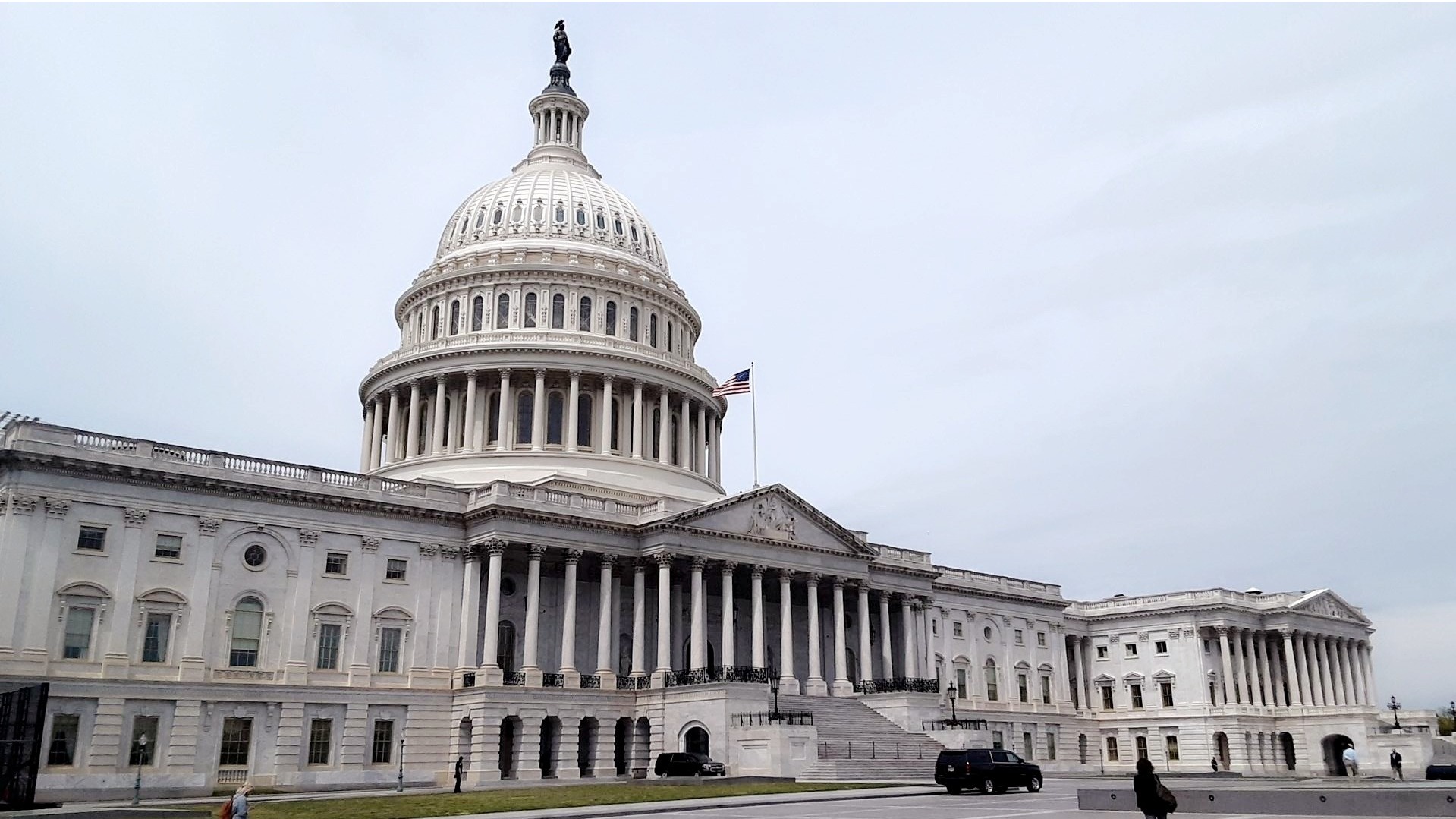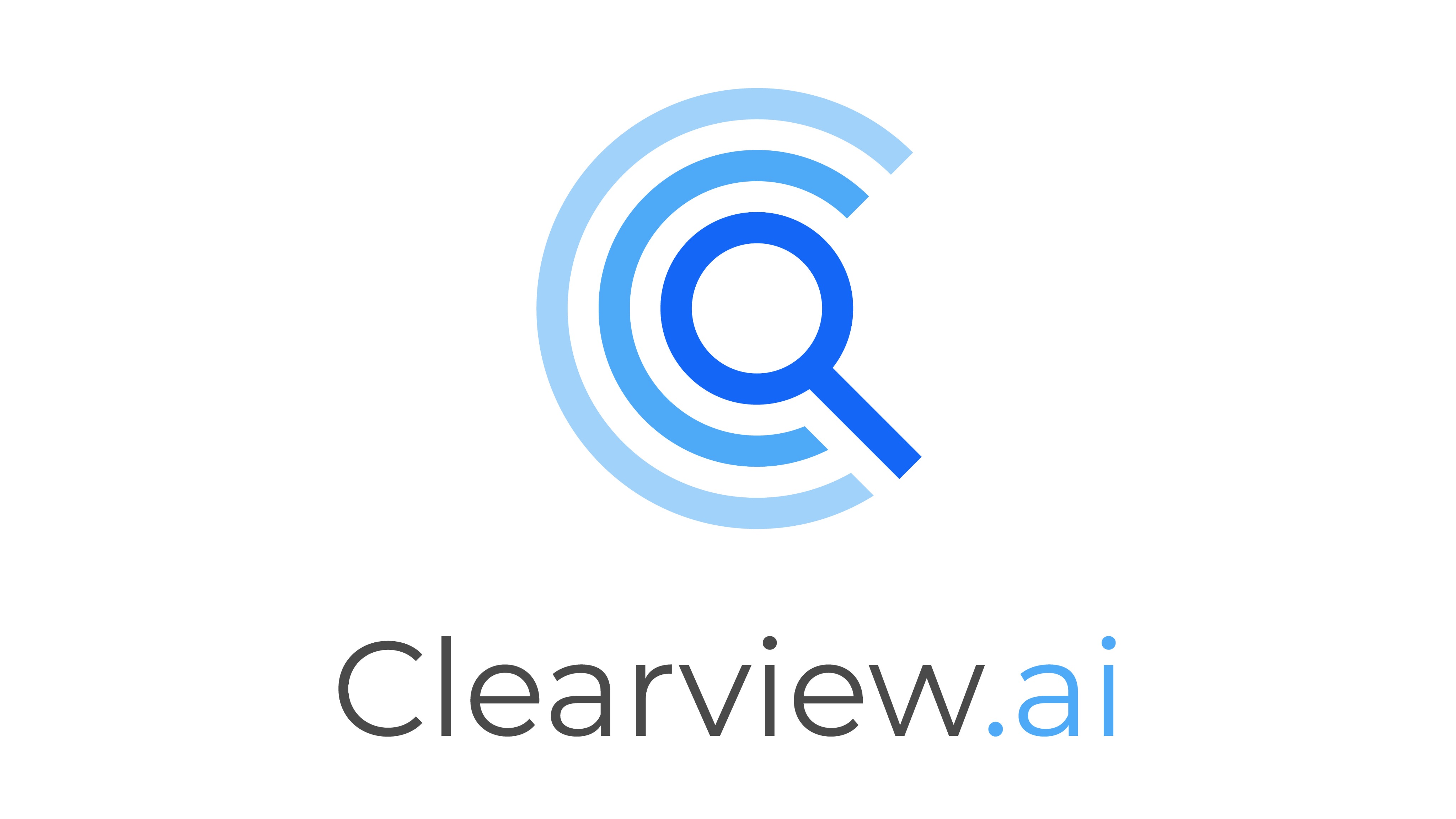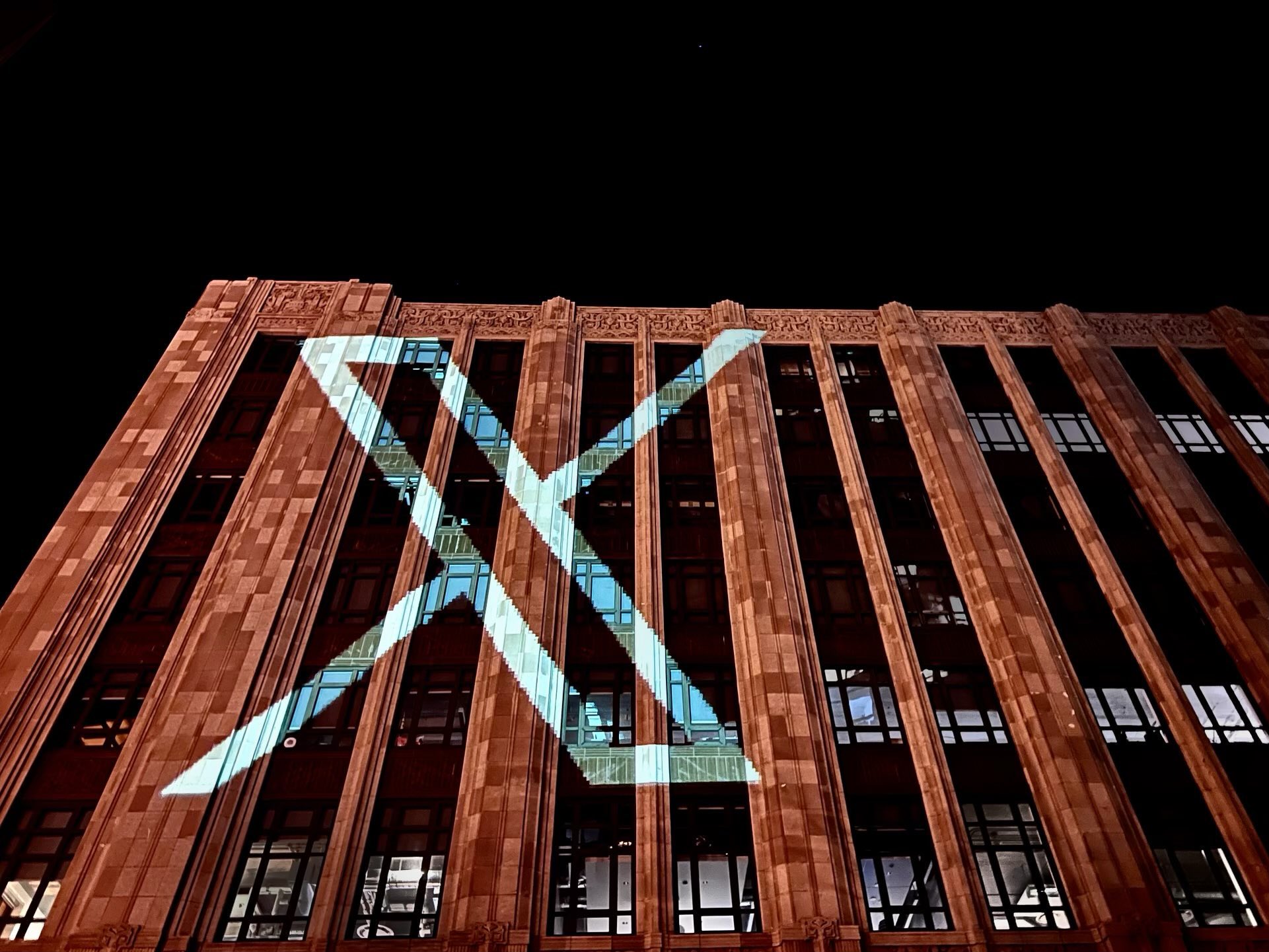The Dutch Data Protection Authority (Dutch DPA) has imposed a fine of €30.5 million on the American facial recognition company Clearview AI, citing the illegal creation of a vast biometric database.
Additionally, the company faces incremental penalties of up to €5.1 million if it does not cease its violations, as ordered by the Dutch DPA.
Clearview AI, which specialises in providing facial recognition services to law enforcement agencies, amassed a database of over 30 billion images by scraping photos from the internet without the knowledge or consent of those pictured. The company then converted these images into unique biometric codes, allowing users to identify individuals through these data points.
Aleid Wolfsen, chairman of the Dutch DPA, highlighted the severity of the situation, noting the widespread implications of such technology. “Facial recognition is a highly intrusive technology, that you cannot simply unleash on anyone in the world,” Wolfsen stated. He expressed concern over the potential for individuals to be unknowingly included in Clearview’s database and warned that this could lead to widespread tracking, drawing a parallel to surveillance practices typically associated with authoritarian regimes.
Clearview AI, which does not operate within the European Union, claims its services are only offered to intelligence and investigative agencies outside the EU. However, Wolfsen stressed that this does not diminish the risks posed by the company’s practices, emphasising that such technology should be restricted to law enforcement agencies under strict regulation and oversight.
The Dutch DPA’s decision marks another instance of European regulators taking action against Clearview AI. The company has previously faced fines from other European data protection authorities, including a €20 million penalty from France’s CNIL in 2022. Despite these sanctions, Clearview has continued its operations without significant changes to its practices.
The Dutch DPA has expressed determination to ensure compliance, even considering holding Clearview’s management personally accountable. “Such a company cannot continue to violate the rights of Europeans and get away with it,” Wolfsen asserted. He warned that Dutch organisations using Clearview’s services could face substantial penalties themselves, as such usage is deemed illegal under Dutch law.
Clearview AI has not contested the Dutch DPA’s decision and is thus unable to appeal the fine.
Latest News
-
BAE Systems launches UK tech incubator scheme
-
Morrisons to launch real-time engagement tech across stores
-
Crypto exchange Gemini to cut workers, exit UK, EU and Australia amid market slump
-
Anthropic unveils Claude Opus 4.6 as enterprise AI race intensifies
-
Government to collaborate with Microsoft on deepfake detection framework
-
50% of firms will rehire staff laid off due to AI by 2027, predicts Gartner
The future-ready CFO: Driving strategic growth and innovation
This National Technology News webinar sponsored by Sage will explore how CFOs can leverage their unique blend of financial acumen, technological savvy, and strategic mindset to foster cross-functional collaboration and shape overall company direction. Attendees will gain insights into breaking down operational silos, aligning goals across departments like IT, operations, HR, and marketing, and utilising technology to enable real-time data sharing and visibility.
The corporate roadmap to payment excellence: Keeping pace with emerging trends to maximise growth opportunities
In today's rapidly evolving finance and accounting landscape, one of the biggest challenges organisations face is attracting and retaining top talent. As automation and AI revolutionise the profession, finance teams require new skillsets centred on analysis, collaboration, and strategic thinking to drive sustainable competitive advantage.
© 2019 Perspective Publishing Privacy & Cookies









Recent Stories